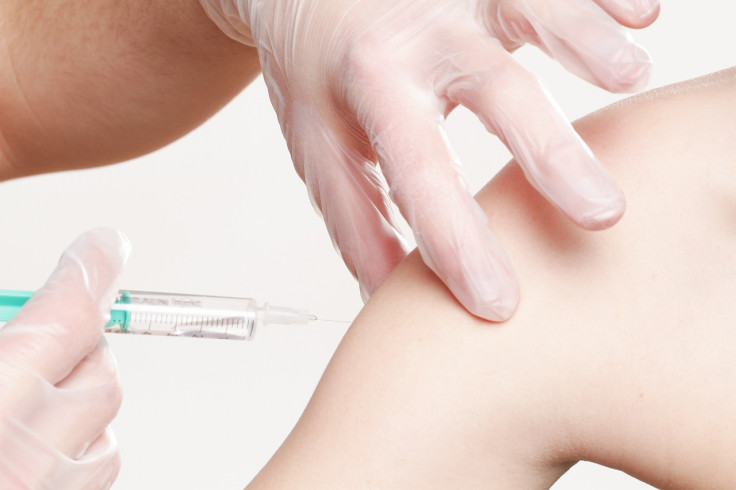Measles Cases In Wisconsin, Illinois: Know All About The Disease That Was Once Eliminated From US

Measles, a highly infectious viral infection that was declared eliminated in the U.S. in 2000, is back in Wisconsin and Illinois. Health officials urge people to stay up to date on immunizations after a case of measles has been confirmed in each state.
In Wisconsin, the patient was a Milwaukee resident who works in Waukesha County, officials said. The patient from Cook County was unvaccinated and got exposed to the virus from abroad, the Illinois Department of Public Health confirmed in a news release.
Officials are working to identify people who may have been in close contact with the patients and urge them to check their MMR (mumps, measles and rubella ) vaccination status.
"This first reported case of measles in Illinois since 2019 is a reminder that this disease can be prevented with up-to-date vaccination," said Dr. Sameer Vohra, director of the Illinois Department of Public Health. "However, as we saw this week, it still can affect those who are unvaccinated. I urge everyone to make sure they and their family members are up-to-date on the measles/mumps/rubella (MMR) vaccine and all other age-appropriate immunizations."
Those with symptoms have been asked to contact a healthcare provider by phone or email before going for a consultation.
"Special arrangements can be made for your evaluation while also protecting other patients and medical staff from possible infection," officials said.
How does measles spread?
Measles is a highly contagious virus that gets transmitted through contaminated air or surfaces when the infected person sneezes or coughs. An infected person can transmit the disease to nine out of 10 of their unvaccinated close contacts.
Symptoms of measles
The signs of measles appear within a week or two after the person gets exposed to the virus. Early symptoms include a runny nose, cough, red and watery eyes, and small white spots inside the cheeks. The most prominent symptom of measles is a rash, which appears seven to 18 days after exposure. The flat red spots that first appear on the face and upper neck spread to the other parts in the next three days, and the patient may experience a high fever.
The infection is contagious from four days before to four days after the rash appears.
Complications
Measles can result in complications such as blindness, ear infections, severe diarrhea and pneumonia. In rare cases, it can also lead to encephalitis – an inflammation in the brain that causes brain damage. In pregnant women, measles raises the risk of premature birth, low birth weight and miscarriage. Children who are malnourished and those with vitamin A deficiency or weak immune systems from HIV or other diseases are also at risk of complications.
Prevention
Vaccination is the best way to prevent measles. Two doses of MMR vaccine can prevent 97% of cases of infections. If a person contracts the infection even after vaccination, it is usually mild. In the U.S., the first dose of MMR is given between 12 and 15 months of age, and the second dose between 4 and 6 years.
Published by Medicaldaily.com



























